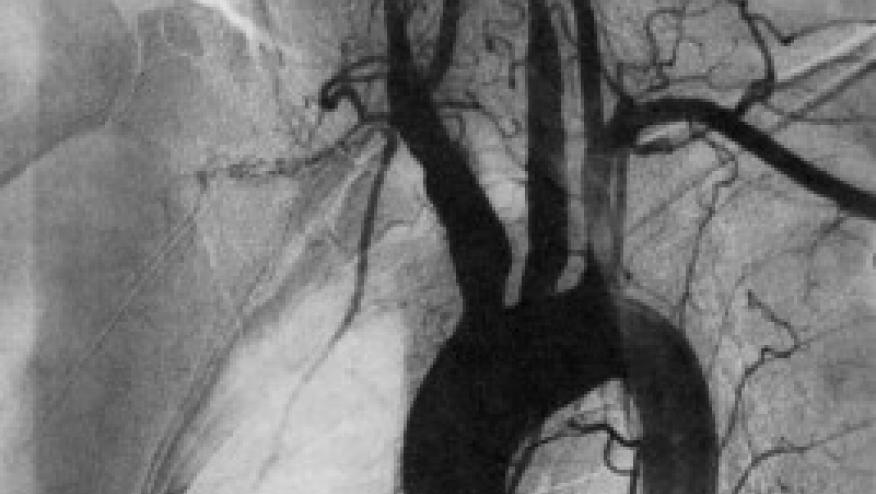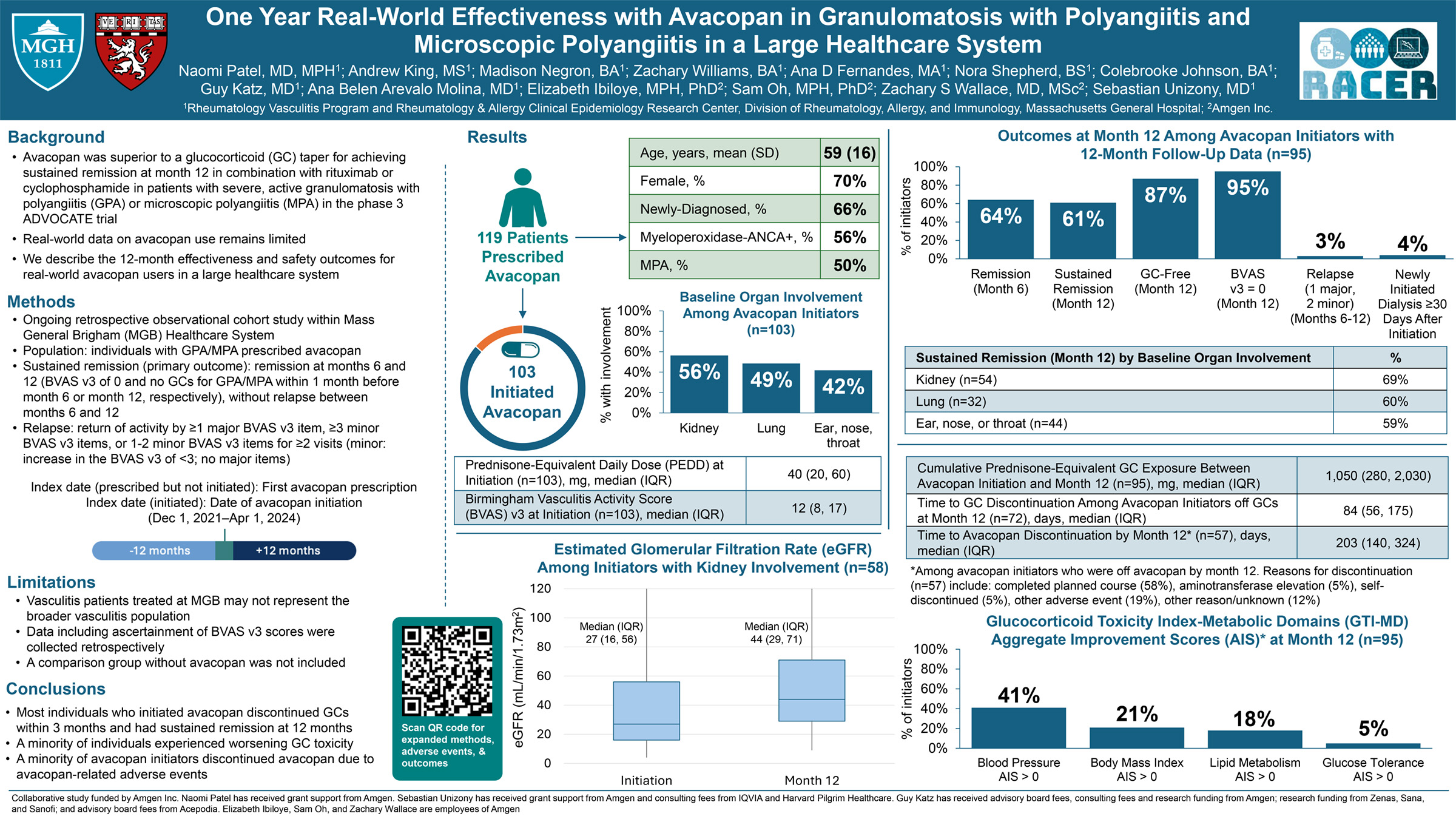New treatment for Takayasu’s arteritis? Save

Several studies were reported at EULAR2023 about Takayasu’s arteritis (vasculitis), a very rare large vessel vasculitis that occurs in young individuals.
Criteria were published last year for the classification of this disease (1). Unfortunately they are not as specific as previous criteria as the age of onset was increased up to 59 years old and past criteria were onset up to the age of 40 years. The specificity reduced from 90.5% to 63.5% but the sensitivity and negative predictive value of the 2022 criteria were better when testing 504 patients with Takaysu’s arteritis compared to 222 controls including patients with other forms of large vessel vasculitis (2). This can lead to misclassification and the criteria may evolve over time (in my opinion) to get the best sensitivity and specificity.
However, there were many positives in this disease with respect to treatment options.
A non-randomized study compared TNFi (N=34) to Secukinumab (N=19) in patients with Takayasu’s arteritis who had failed glucocorticoids and two immune suppressive drugs (3). The two drugs seemed to have similar benefits. The study has been recently published (4). There was also a randomized controlled study comparing adalimumab and tocilizumab added to methotrexate in treatment failures (5). This study seemed to demonstrate that both drugs could be effective, and the authors suggested that some outcomes were better with adalimumab. The outcomes were a composite and not well described, so we will have to wait for the peer reviewed paper, but for now I can conclude that either adalimumab or tocilizumab may be appropriate advanced therapies for treating this disease when it continues to be active despite prednisone and other immune suppression. Finally, a large retrospective chart audit of 301 patients with Takayasu’s arteritis was performed. Patients treated with methotrexate were compared to those given azathioprine and the two drugs performed equally well. I am impressed by the large sample size as this is a rare disease and azathioprine can be used in pregnancy; so it provides a treatment option for patients who are contemplating pregnancy, who fail methotrexate or who do not tolerate methotrexate.
In conclusion, we have more treatment options in Takayasu’s arteritis: methotrexate, azathioprine, TNF inhibitors such as adalimumab, tocilizumab and secukinumab. All of these of course are off label but our choices in this disease have expanded.
- Grayson PC, et al. Ann Rheum Dis 2022;81:1654–60
- 2. Tomelleri A, et al. EULAR 2023, Milan, POS0708
- Tian X, et al. EULAR 2023, Milan, POS0709
- Tian X, et al. Arthritis Rheumatol. 2023 Mar 14. doi: 10.1002/art.42496
- Kong X, et al. EULAR 2023, Milan, POS0702
- Kaymaz Tahra S, et al. EULAR 2023, Milan, POS0219
Join The Discussion
Hello and thank you for the quick review! Any suggestions on reducing treatment upon remission?
Kind regards,
Nikos Marketos, rheumatologist MD, PhD











If you are a health practitioner, you may Login/Register to comment.
Due to the nature of these comment forums, only health practitioners are allowed to comment at this time.